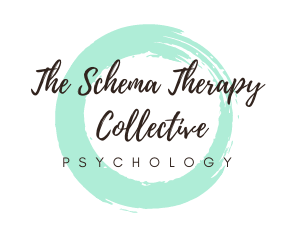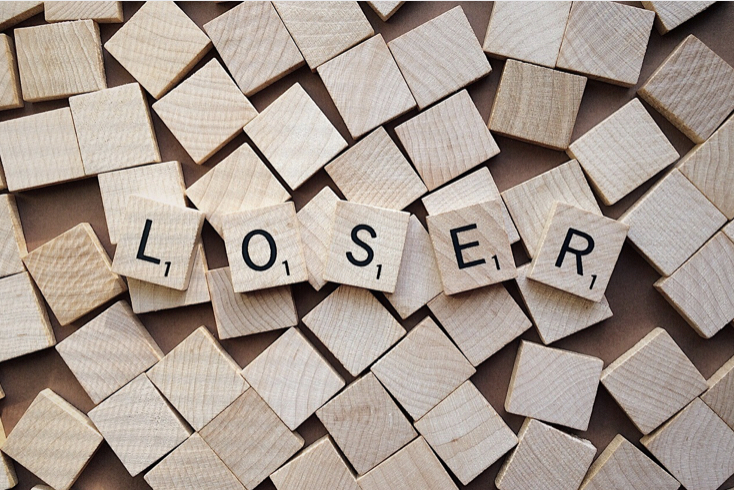Do you often think of yourself as a loser or stupid, lazy or pathetic? Do you think you are untalented and will inevitably fail at things you try at?
Do you believe others are far more capable than you and that you have to work harder than others to achieve the same result? Do you tend to avoid setting goals or trying because you assume you will be bad at it?
If so, it’s possible you have the failure to achieve schema. We develop the failure to achieve schema through our early childhood experiences. This can be through parenting messages that your performance or skills were never good enough or being told that you were stupid, difficulties learning at school due to high levels of stress in your home and learning difficulties such as dyslexia. These experience mean our core emotional needs for competence are not met. Our vulnerable part continues to hold the pain of the schema in adulthood, even though the schema is no longer adaptive.
This schema is often associated with a mean inner critic and may lead people to live well beneath their potential or feeling anxious and insecure.
As with all schemas, we can have different responses to it, also known as coping modes.
Those who surrender to the schema often do things like procrastinate or do a not good enough job which will result in the predicted failure.
Those who try to avoid the failure schema tend to act like they don’t care about success and will avoid challenging themselves.
Those who overcompensate for the failure schema will work extremely hard to be successful at all costs and may even appear super confident to avoid being labelled a failure.
To overcome this schema, we need to understand the origins of it and then work to develop a new and more accurate understanding of our abilities. By banishing or reducing our inner critic and building the Healthy Adult part, we can learn healthier messages about ourselves and practising taking on tasks that will give us a better estimate of our abilities.
The schema self help book “Reinventing your life” by Jeff Young and Janet Klosko has a helpful chapter with strategies to help health the failure to achieve schema.
- About the Author


